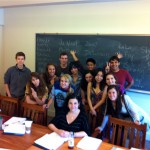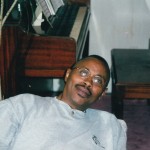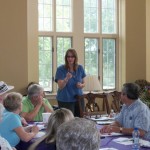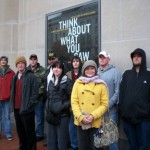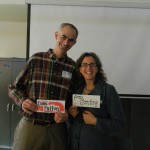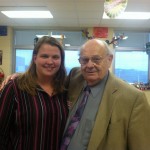Perl & Krug
Forums › 2023 Summer Seminar › Looking at Perl & Krug: due JUNE 15 (or earlier) › Perl & Krug
-
AuthorPosts
-
-
June 7, 2023 at 7:53 pm #31785
It is an interesting exercise to think about both Perl’s and Krug’s stories. Both are deeply personal and emotional. Both tackle relationships and heritage and how personal histories have impacted present generations. I found both very interesting as they discuss candidly the modern-day experiences in Germany and Austria. Both had uncomfortable conversations with people close to them and both had an immense curiosity for people’s roles during the war and how they may or may not fit into a particular narrative because of those roles. Both my husband and I have an interest in genealogy and would love to study our own families’ heritage in England, Germany, and Switzerland. I felt a connection to both Perl and Krug because of their interest in their families’ stories.
I may have eluded to this in another post, but my heritage is largely German and Swiss. My husband’s paternal grandfather (2nd generation immigrant from Germany) was drafted into the U.S. Army, landed on Utah Beach on June 6, and fought in the Battle of the Bulge. The Ebinger family is so honored to have his story. My husband was fortunate to know him well. Two years after his death, we honored him by traveling in his footsteps, first to England, then Normandy, including the villages he helped liberate, and on to Paris, Rheims, Bastogne, Arlon, and Luxembourg. Someday we will finish the journey in Germany.
I come from a long line of Mennonites and so most of my ancestors did not fight in the wars, but were conscientious objectors. My best heritage story is of my grandmother, whose first job outside the farm was filling ration bags of flour and sugar for the local A&P during the war.
-
June 12, 2023 at 7:55 pm #31823
Misty, you have such an interesting heritage! Are you excited to go to Ellis Island, or have you already been there?
-
June 18, 2023 at 11:15 am #31879
I have only walked around Ellis Island, never inside. I am very interested. Most of my family came to the United States before Ellis Island was built, but hopefully I can still learn some about my husband’s family, as well enhance my own general knowledge for teaching.
-
-
-
AuthorPosts
- You must be logged in to reply to this topic.
Recent Replies
Recently Active
-
Active 19 hours, 17 minutes ago
-
Active 1 day, 13 hours ago
-
Active 1 day, 19 hours ago
-
Active 2 days, 18 hours ago
-
Active 2 days, 18 hours ago
- View All Members

